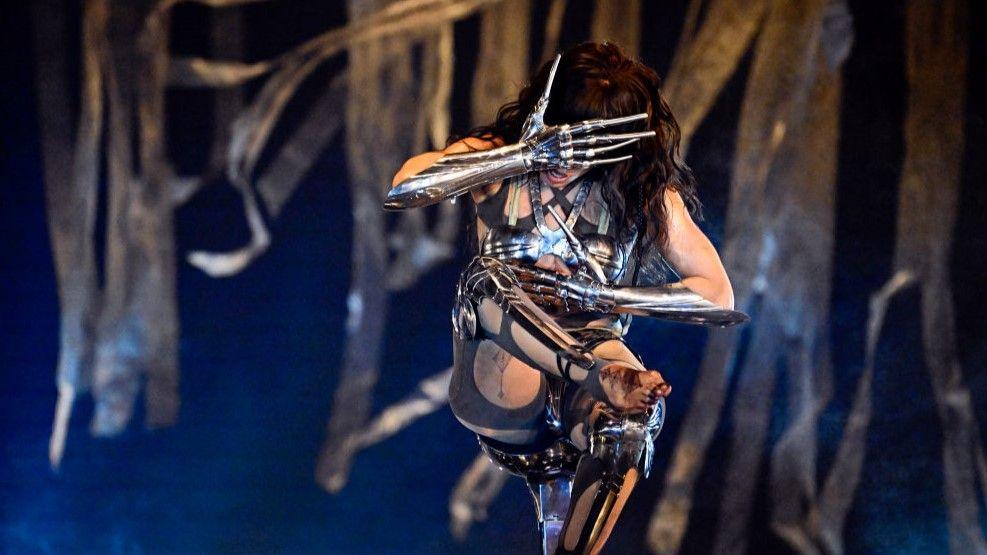Eurovision organisers defend ousting Joost from contest
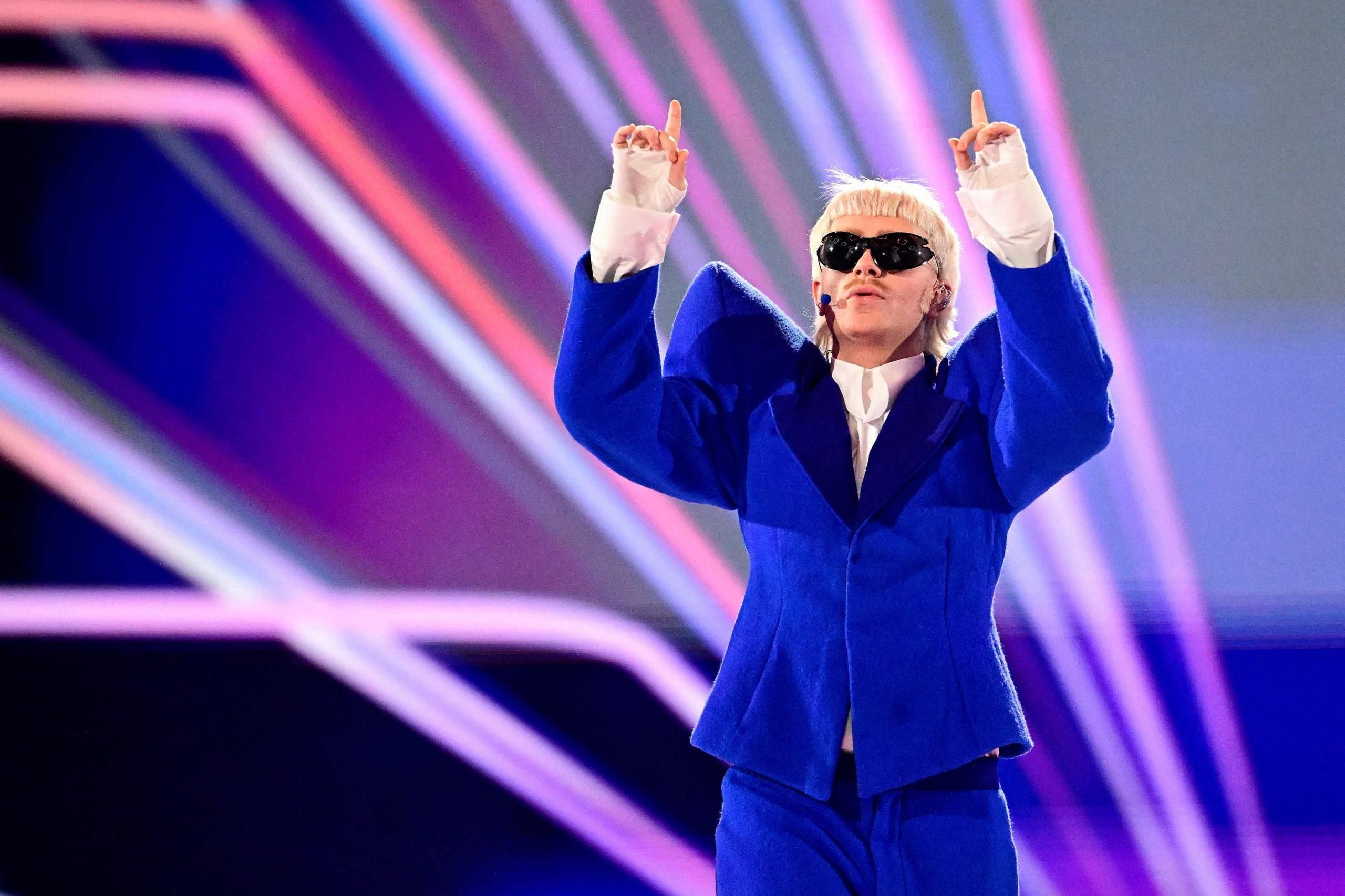
Joost Klein got through to the final with his track Europapa
- Published
Eurovision Song contest organisers have defended disqualifying Dutch contestant Joost Klein from the competition.
Klein was removed hours before Saturday's final after an allegation of intimidation was made to Swedish police by a female member of the production crew.
Dutch organisers The Netherlands Songfestival said on Saturday that they "were shocked by the decision" and called it "disproportionate".
But the Eurovision Broadcasting Union (EBU) said in a statement on Tuesday: "The version of events released in some public comments and on social media does not correspond with the statements shared with us and the Swedish Police by staff and witnesses."

Switzerland's Nemo won the contest
The statement continued: "Joost’s behaviour was in clear breach of contest rules which are designed to ensure there is a safe working environment for all staff and to protect the production.
"We are not pre-judging the legal process but, given the circumstances of what occurred and the fact that the police case will shortly be handed to the prosecutor, it would not have been appropriate for Joost to participate in the grand final."
It added that the decision to exclude him was backed by the contest’s governing body and unanimously supported by the EBU executive board, "following a thorough internal investigation".
"We have a zero-tolerance policy towards inappropriate behaviour at our events and will always take necessary action to address threats to staff – no matter who they come from," the statement concluded.
Complaints of bad behaviour
In a statement posted on X on Sunday, Dutch broadcaster Avrotros said it was "very disappointed and upset for the millions of fans who were excited" about seeing the Netherlands entry.
Many fans had also taken to social media to voice their dismay.
The latest statement from the EBU follows a turbulent Eurovision season, which culminated with Switzerland's Nemo picking up the coveted winners' trophy in Sweden on Saturday.
On Monday, the EBU issued another statement, responding to complaints of bad behaviour during the competition's run.
The organisers said they "regret" that some delegations "didn't respect the spirit of the rules" in Sweden.
Italy's Angelina Mango and Ireland's Bambie Thug were among the contestants who complained of a "tense" and "horrible" atmosphere backstage.
The EBU said it would review events in Sweden's Malmo, adding that individual cases would be discussed at a later date.
Portugal's national broadcaster RTP also complained to the EBU after there was a delay in posting its performance to YouTube after the final.
The EBU responded that the delay had been due to their contestant, Iolanda, who had painted designs inspired by the keffiyeh - traditional Palestinian scarves used to show support for the country - on her nails.
Related topics
- Published13 May 2024
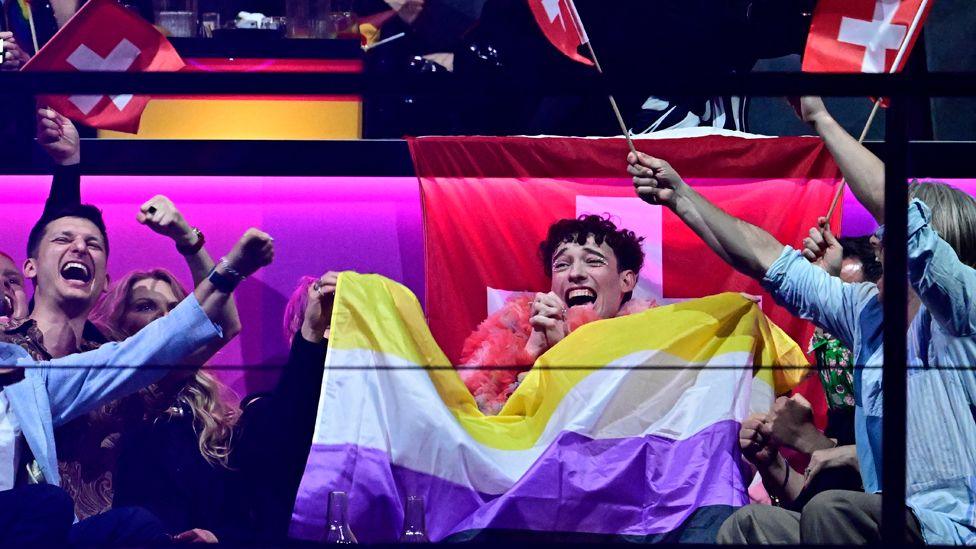
- Published12 May 2024
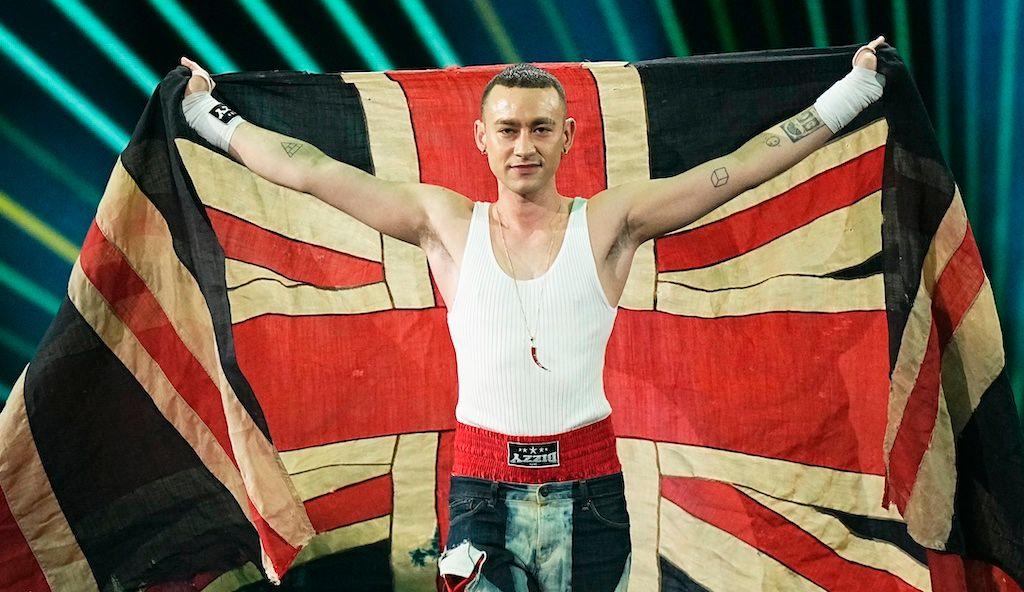
- Published11 May 2024
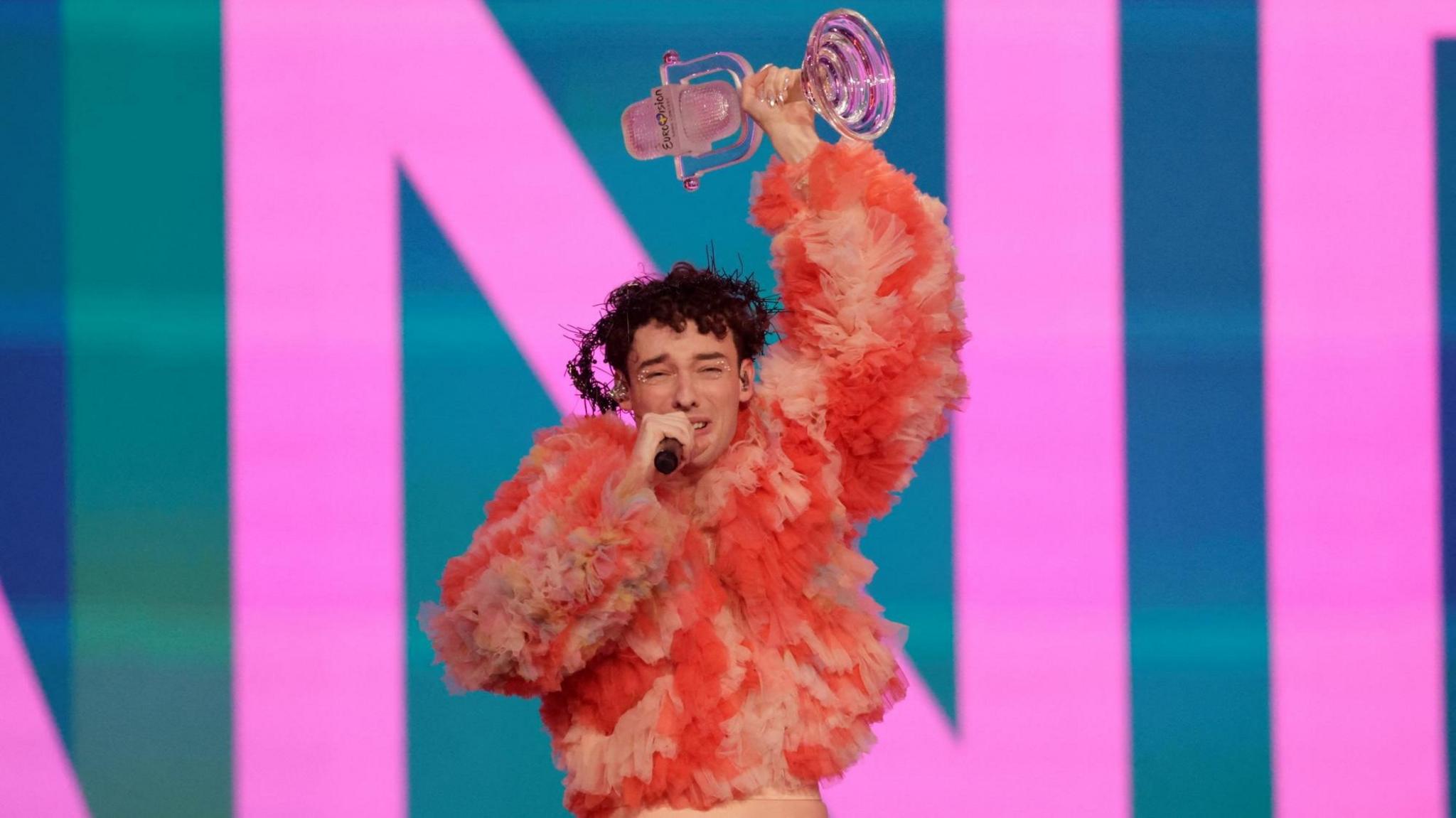
- Published12 May 2024
